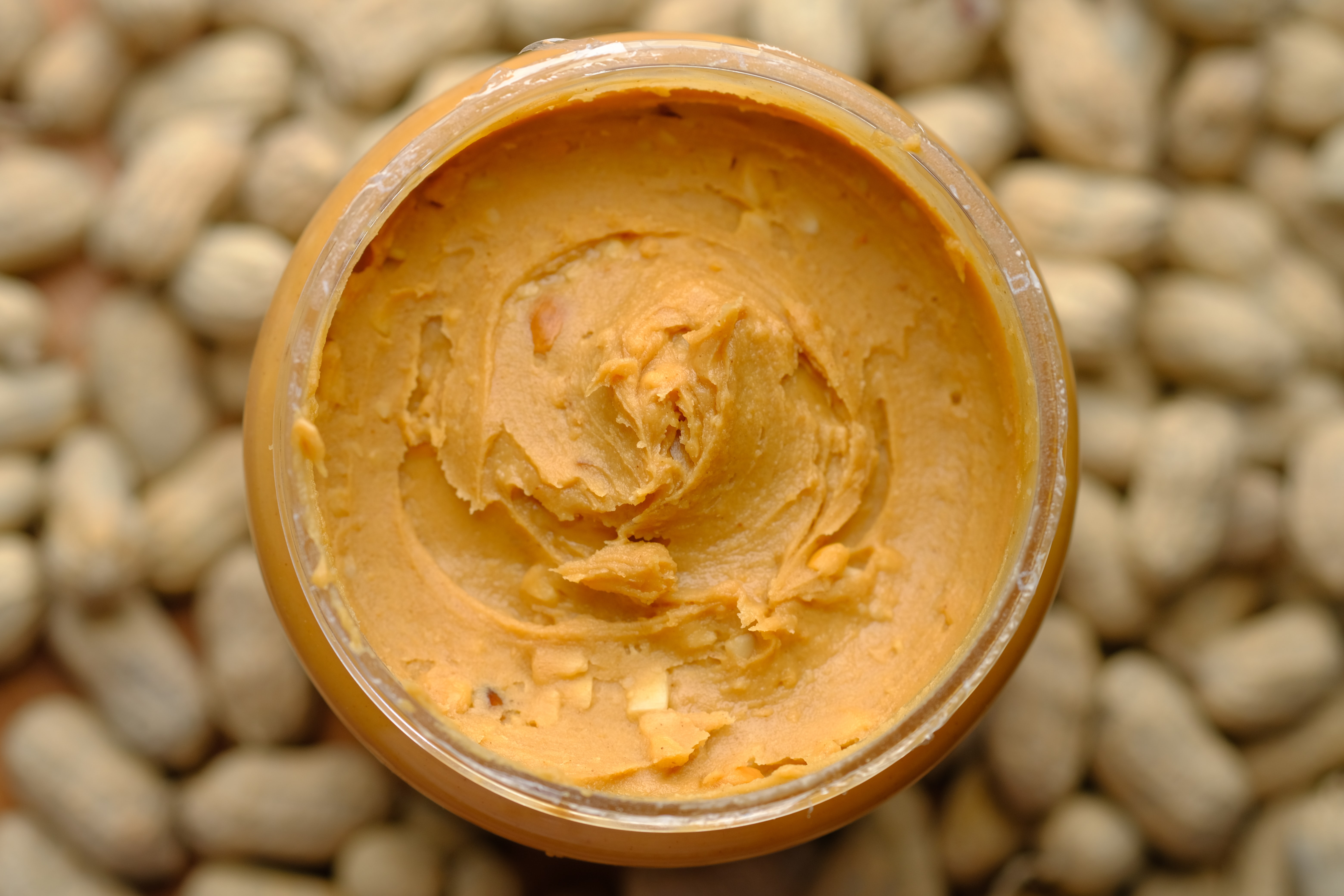News release
From:
Attachments
Note: Not all attachments are visible to the general public. Research URLs will go live after the embargo ends.

Journal/
conference: JAMA
conference: JAMA
Research:Paper
Organisation/s:
Murdoch Children's Research Institute (MCRI), The University of Melbourne, Florey Institute of Neuroscience and Mental Health
Funder:
Dr Peters
reported receiving grants from the National Health
and Medical Research Council (NHMRC) outside the
submitted work. Dr Odoi reported being supported
by a research training program PhD scholarship
provided by the Australian Commonwealth
Government and the University of Melbourne
during the conduct of the study. Dr Perrett reported
receiving grants from DBV Technologies paid to
their institution, grants from Novartis paid to their
institution, and personal fees from Aravax paid to
their institution outside the submitted work.
Dr Tang reported grants from NHMRC, Murdoch
Children's Research Institute, and Prota
Therapeutics and personal fees from Prota
Therapeutics (employee and share
interest/options) and Pfizer (consultancy fees)
outside the submitted work and having a patent for
allergy treatment issued and a patent for amethod
of inducing tolerance to an antigen licensed to
Prota Therapeutics. Dr Dharmage reported
receiving grants from GlaxoSmithKline outside the
submitted work. Dr Koplin reported receiving
grants from the Australian National Health and
Medical Research Council during the conduct of the
study. No other disclosures were reported.



 Australia; VIC
Australia; VIC


